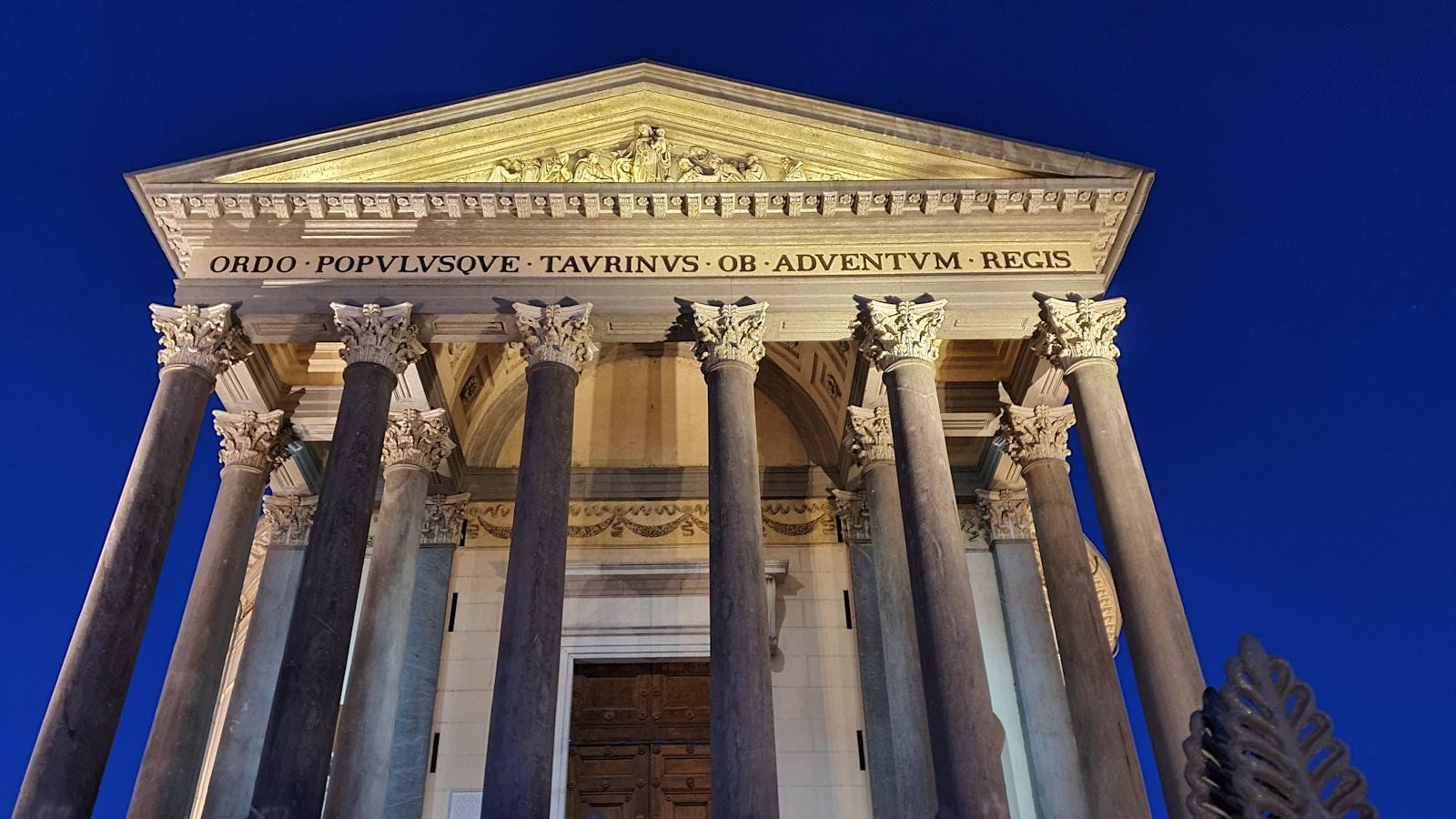In the intricate world of trusts, a fascinating power dynamic plays out between the trustee and the beneficiary. With the trustee serving as the legal guardian of the trust’s assets and the beneficiary being the ultimate recipient, the question arises - who truly holds more power in this delicate relationship? Let’s delve into the nuances of trust law to uncover the answer.
Understanding the Role of a Trustee and a Beneficiary
There is often a misconception about the power dynamics between a trustee and a beneficiary in a trust relationship. In reality, both parties play crucial roles in ensuring the proper management and distribution of trust assets. A trustee is responsible for managing the trust property and carrying out the terms of the trust, while a beneficiary is entitled to receive the benefits of the trust as outlined in the trust agreement.
While a trustee has legal ownership and control over the trust property, it is essential to remember that their primary duty is to act in the best interests of the beneficiaries. On the other hand, a beneficiary has the right to enforce the terms of the trust and ensure that the trustee fulfills their obligations. Ultimately, both trustee and beneficiary must work together to uphold the intentions of the trust and achieve the desired outcomes for all involved parties.

Analyzing the Responsibilities and Authority of a Trustee
When it comes to the power dynamic between a trustee and a beneficiary, it’s essential to understand the distinct responsibilities and authority that each party holds. While both roles are crucial in managing a trust, they each come with their own set of rights and limitations.
Here’s a breakdown of the responsibilities and authority of a trustee:
- Acting in the best interests of the trust: Trustees are legally obligated to manage the trust in accordance with its terms and in the best interests of the beneficiaries.
- Managing trust assets: Trustees are responsible for managing the trust assets, investing them wisely, and distributing them to beneficiaries according to the trust’s instructions.
- Making decisions: Trustees have the authority to make decisions regarding the trust, such as investment strategies, distribution amounts, and any other matters related to the trust.

Exploring the Rights and Benefits of a Beneficiary
Both trustees and beneficiaries play crucial roles in a trust, but when it comes to power, the scales may tip in favor of one over the other. Trustees are tasked with managing the trust assets and ensuring they are distributed according to the trust document. They have a fiduciary duty to act in the best interests of the beneficiaries and follow the terms of the trust.
On the other hand, beneficiaries hold certain rights and benefits that grant them power within the trust relationship. Some of these rights include:
- Right to information: Beneficiaries have the right to receive information about the trust, such as financial statements and reports on the trust’s activities.
- Right to request an accounting: Beneficiaries can request an official record of the trust’s transactions and financial dealings.

Striking a Balance between Trustee Power and Beneficiary Interests
In the complex relationship between a trustee and a beneficiary, the question of power and control often arises. While trustees are vested with legal authority to manage trust assets and make decisions on behalf of beneficiaries, it is important to maintain a balance between the trustee’s power and the interests of beneficiaries. Trustee power can be significant, but it is crucial for trustees to act in the best interests of beneficiaries and to uphold their fiduciary duties.
Beneficiaries, on the other hand, have rights and interests that need to be protected. They have the right to receive information about the trust, to ensure that the trustee is acting in their best interests, and to hold the trustee accountable for their actions. requires clear communication, transparency, and a commitment to fulfilling the objectives of the trust for the benefit of all parties involved.
To Conclude
In conclusion, the dynamic between a trustee and beneficiary is a complex relationship that requires careful navigation. While a trustee may hold the legal authority over the trust assets, the ultimate power lies in the hands of the beneficiary who stands to benefit from them. It is important for both parties to work together in harmony to ensure the success and longevity of the trust. Understanding and respecting each other’s roles and responsibilities is key in maintaining a balanced and productive partnership. Remember, true power is not in control, but in cooperation.


